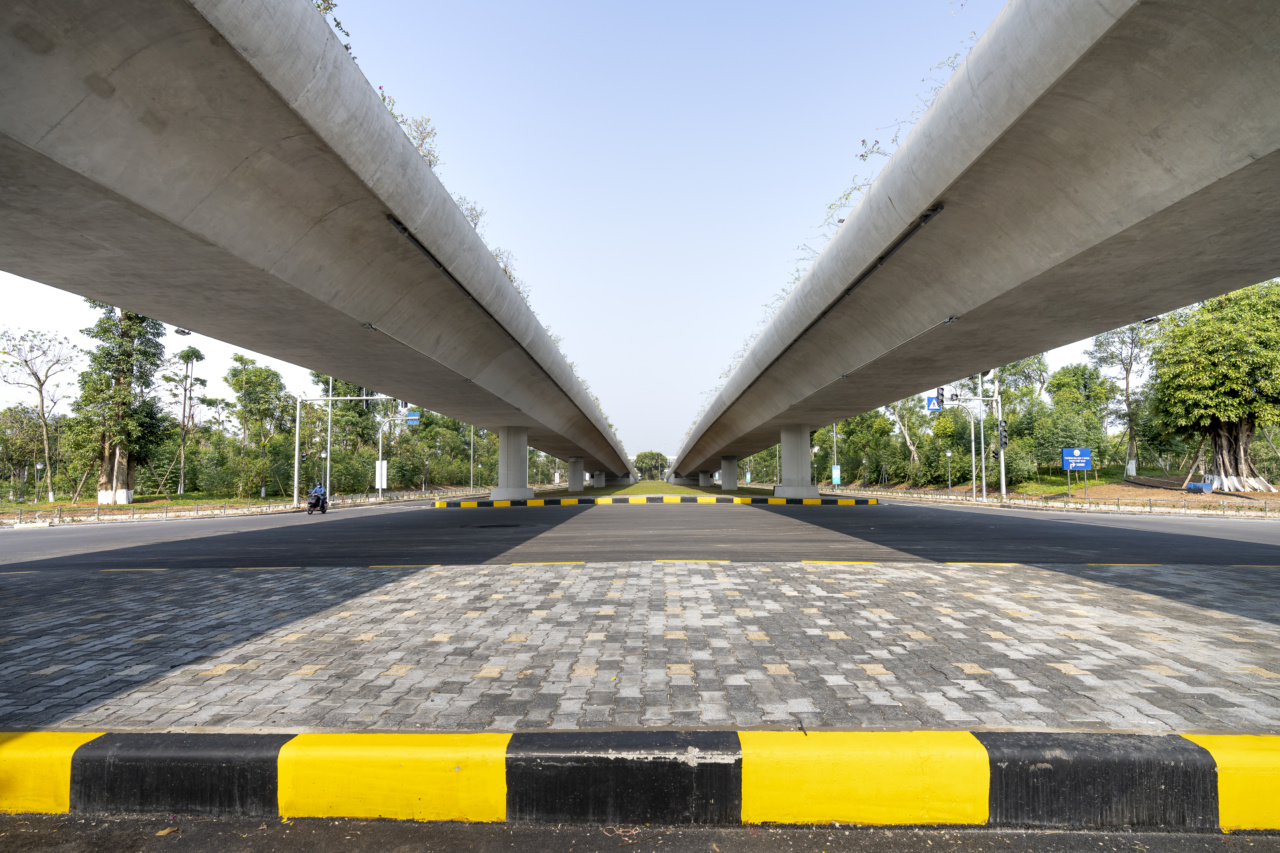Road traffic noise is an environmental problem that affects millions of people worldwide. The World Health Organization (WHO) has recognized noise pollution as a major threat to public health.
One of the health effects of noise pollution is the elevation of blood pressure, which can lead to various cardiovascular diseases. In this article, we will explore the correlation between road traffic noise and elevated blood pressure.
The Study
Several studies have examined the association between road traffic noise and elevated blood pressure. A systematic review and meta-analysis conducted by Van Kempen et al.
(2018) found a consistent and significant association between road traffic noise and hypertension. The study included 23 cross-sectional and longitudinal studies, with a total of 276,274 participants.
The meta-analysis found that a 10 dB(A) increase in road traffic noise was associated with a 0.76 mmHg increase in systolic blood pressure and a 0.44 mmHg increase in diastolic blood pressure. The effect was stronger in women and in people over the age of 60.
The Mechanisms
The mechanisms by which road traffic noise elevates blood pressure are not fully understood.
However, it is believed that noise exposure activates the sympathetic nervous system, which leads to an increase in heart rate and constriction of blood vessels. This response, known as the “fight or flight” response, is a natural reaction to stress and helps the body cope with danger.
However, chronic activation of the sympathetic nervous system can lead to hypertension and other cardiovascular diseases.
The Confounding Factors
Several confounding factors can influence the association between road traffic noise and elevated blood pressure. One of the most important is air pollution, which is often found in high levels in urban areas with heavy traffic.
Air pollution has been shown to increase the risk of hypertension and other cardiovascular diseases. Other confounding factors include age, gender, smoking, alcohol consumption, physical inactivity, and obesity. These factors can interact with noise exposure and either strengthen or weaken the association between noise and hypertension.
The Prevention
Preventing road traffic noise is a challenging task, but several measures can be taken to reduce noise exposure.
One of the most effective measures is to reduce road traffic volume and speed, through the use of traffic management schemes, speed limits, and congestion charging. Other measures include the use of noise barriers, low-noise road surfaces, and noise-reducing tires.
Public awareness campaigns can also help to reduce noise exposure, by encouraging people to avoid noisy areas and to use earplugs or noise-canceling headphones when necessary.
The Conclusion
In conclusion, road traffic noise is a significant environmental health problem that can lead to elevated blood pressure and other cardiovascular diseases.
The correlation between noise exposure and hypertension is well-established, and several mechanisms have been proposed to explain this association. However, the relationship between noise and hypertension is complex, and several confounding factors can influence this relationship.
Preventing road traffic noise is a challenging task, but several measures can be taken to reduce noise exposure and its health effects.






























